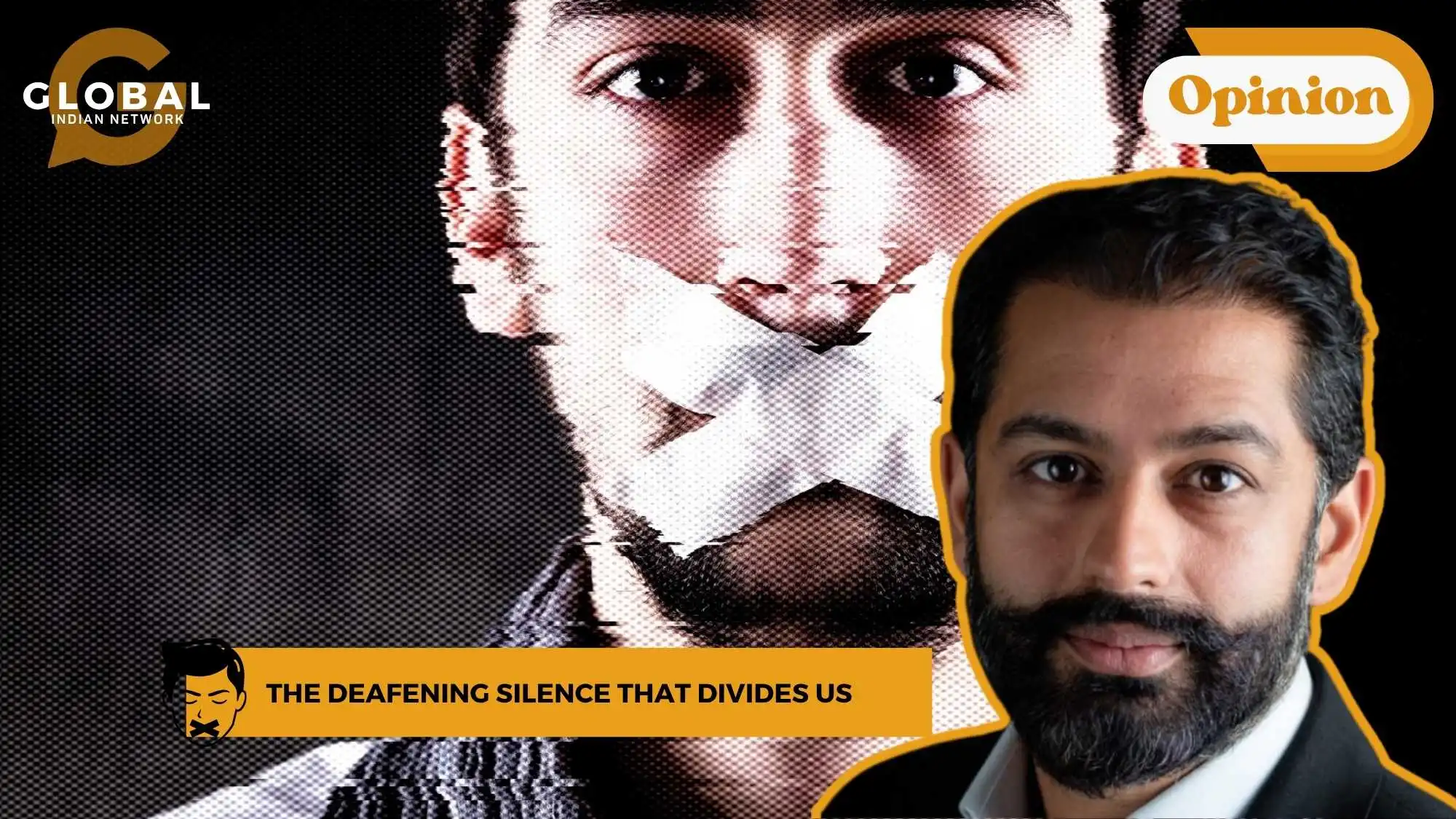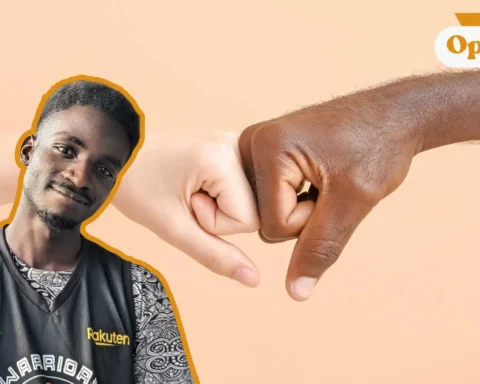A video recently circulated in the UK of an imam joking that non-Muslims should be treated as slaves. He said it lightly, but with the undertone that this was the truth. And I’ll be honest with you, my first reaction was to brush it off as satire; no one can be so thick. I thought… But the older I get, the more I realise: what we sometimes dismiss as satire is often someone else’s gospel. And when that “truth” is left unchallenged, it festers. Cambodia under Pol Pot is a good example! Conversations of absurdities turning to real-world atrocities.
I’ve seen this across the globe. In Nigeria, in a town called Jos, I remember how neighbours, Muslims and Christians who had lived alongside each other for years, ended up turning on each other. It escalated so quickly that machetes were on the streets, friendships became fault lines, and silence became complicity.

I’ve seen the same undercurrents in the Caribbean, where the divide wasn’t religious but ethnic. Indo-Caribbean and Afro-Caribbean communities, people who shared the same islands, the same hardships, were torn apart by old stereotypes that nobody challenged until they hardened into real division. In fact, in my podcast with a dear friend and known comedian, Paul Keens-Douglas, he speaks candidly about the stupidity of it all.
In Uganda, someone once gave me a book called Uganda: An Indian Colony. It was written just a few years ago, not in the 1970s when Idi Amin expelled South Asians. The frightening part wasn’t only the arguments inside it, but the casual rituals around it, passed on as though these ideas had legitimacy, because no one had the courage to contest them.
And I’ll admit it: I’ve been guilty of silence myself. Sometimes I think, “This is so obviously absurd, surely everyone sees through it.” But that’s the trap. Extremists, whether they wear religious robes or nationalist flags, thrive because their words are rarely tested by open, honest debate. They rely on our silence as their shield.

Here’s the truth: extremists exist in every religion, every ethnicity, every political camp. They are not unique to one community. But the real danger is not their shouting. It’s our silence.
Silence lets poisonous ideas slip into the mainstream. Silence allows fringe thinking to masquerade as cultural truth. Silence convinces young people that “maybe this is just how it is.” And slowly, communities fracture.
This isn’t a Muslim issue. Nor a Christian issue. Nor a Hindu issue. It’s a human issue. Whether you’re in Suriname, Guyana, the UK, Singapore, or Canada, our communities today are more diverse than ever before. That diversity is our strength, but only if we refuse to stay quiet when division is being sown and stamp out stupidity in our own communities.

Through the Global Indian Network, I’ve sat down with leaders and ministers, but also with the uncomfortable voices on the fringes. We spoke with Ron Banerjee, a self-appointed far-right Hindu nationalist in Canada. We had an open conversation with Ravi Singh from Khalsa Aid on the work his charity does and how he wants to see India grow. We held panel discussions that rip deep into the matter. We’ve opened up discussions on Muslim identity in Pakistan and its impact on the wider region with ministers, including empowering women in Pakistan with Mahtab Akbar Rashdi.
These aren’t easy conversations, but they’re necessary ones. Because what lives in the shadows, unchallenged, only grows stronger. We have powerful custodians across all faith and ethnic groups who understand that breaking the silence is exactly what we need. Not to shout people down, but to test their truths with questions, with honesty, with the courage to say, “Does this really represent us, or is it a social lubricant for their own agenda?”

There’s a proverb that says it takes a village to raise a child. But what kind of child are we raising if the village stays quiet when poison is being poured into its water? We don’t inherit silence; we choose it. And every time we choose it, we pass on a more fractured, more fearful society to the next generation, and across the globe, it’s the 50 shades of brown community that will face the brunt of it.
If we want a better consciousness in our societies, it won’t come from slogans. It will come from refusing to look away, from challenging what feels absurd, from not letting satire slip into “truth.”
The silence that divides us can only be undone by conversation, open, difficult, and sometimes uncomfortable. And maybe that’s the real village we need today: one not bound by geography or tribe, but by courage.
Because if silence is what divides us, then our voice, our collective voice in the face of stupidity, is what will stitch us back together.

Let us know your thoughts. If you have burning thoughts or opinions to express, please feel free to reach out to us at larra@globalindiannetwork.com.









